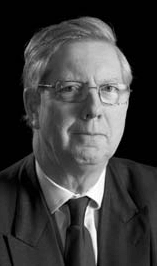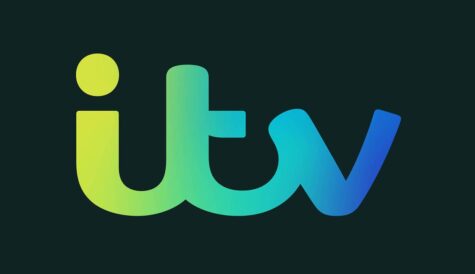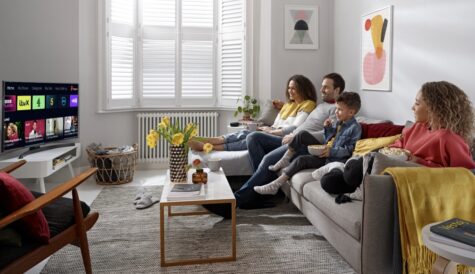BBC chairman ‘concerned’ over broadcast quotas
BBC chairman David Clementi has said he is “concerned” about quotas relating to its broadcast hours, claiming they focus on “quantity not quality”.
Speaking at the RTS Cambridge Convention yesterday, Clementi said that he was not calling for the BBC’s quota system to scrapped entirely, as it is appropriate for its funding model and public obligations.
However, he said that quotas relating to resource and financial spend are “likely to be better drivers towards distinctiveness” and called for the right balance to be struck between “accountability and enabling creativity”.
“A charter which places distinctiveness at its heart, and then backs it up with a licence full of hourly quotas, is a contradiction that is likely to lead to failure,” said Clementi.
The comments come after Ofcom, which will now regulate the BBC under its current charter agreement, set out its ‘draft operating licence’ in March with new rules including proposed quotas.
The plans would require three quarters of all programme hours on the BBC’s most popular channels to be dedicated to original productions. This should rise to 90% during peak time (6pm-10.30pm), which is the current level at BBC One.
The Ofcom plans came ahead of sweeping changes at the BBC’s production division, BBC Studios, in April. These saw the BBC scrap in-house production quotas and open all possible commissions to indies and rivals, and also enable BBC Studios to produce for third-party broadcasters.
“The [BBC] board will keep a close eye on how the operating licence works in practice to ensure that the BBC maintains creativity and distinctiveness at the heart of what we do,” said Clementi yesterday.
The former deputy governor of the Bank of England was appointed BBC chairman in January, just after the BBC’s new 10-year charter period came into force.
He effectively replaced Rona Fairhead, who was chairman of the BBC Trust that Clementi recommended in a report last year should be shut down. UK media regulator Ofcom replaced the BBC Trust as the BBC’s watchdog in April.
“If you were confused about where responsibilities lay between the BBC Trust and the BBC Executive Board under the old Charter, you were not alone,” said Clementi at the RTS Cambridge event.
“Thanks to the revised governance arrangements under the new Charter, we now have one unitary board. It allows the BBC to speak, perhaps for the first time, with a single voice. And to get behind one clear strategy, with accountability for the BBC resting unambiguously in one set of hands.
“I am very clear that the fundamental responsibility of the board is to uphold and protect the independence of the BBC. History has shown us how important – and challenging – that can sometimes be. We are also responsible for acting in the public interest; and for meeting the five public purposes that are set out in our new charter.”




